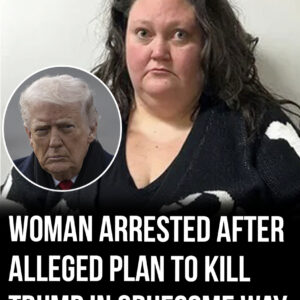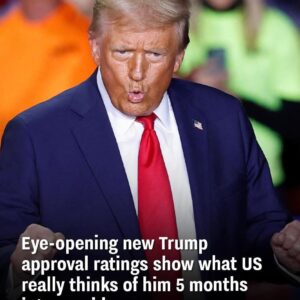In a controversial move, President Donald Trump issued an executive order pardoning the majority of January 6 Capitol riot defendants, sparking outrage among top Democrats. The decision, which grants clemency to roughly 1,600 individuals, has been criticized as a blatant political maneuver that undermines the justice system.
Senate Majority Leader Adam Schiff slammed the mass pardons as “a grotesque abuse of power,” emphasizing that some of those pardoned had engaged in violent attacks against law enforcement. Former House Speaker Nancy Pelosi echoed his sentiments, calling Trump’s actions “a betrayal” of the officers who defended the Capitol and warning that such decisions erode public trust.
Trump’s supporters, however, argue that the move corrects what they see as politically motivated prosecutions, insisting that many of those charged were unfairly targeted. Legal experts, meanwhile, raise concerns about the precedent it sets for presidential clemency and its impact on future accountability for political violence.
As the nation grapples with the fallout, the pardons have intensified debates over executive power and the legacy of January 6. With strong reactions on both sides, Trump’s decision is poised to leave a lasting mark on his presidency and the broader political landscape.





